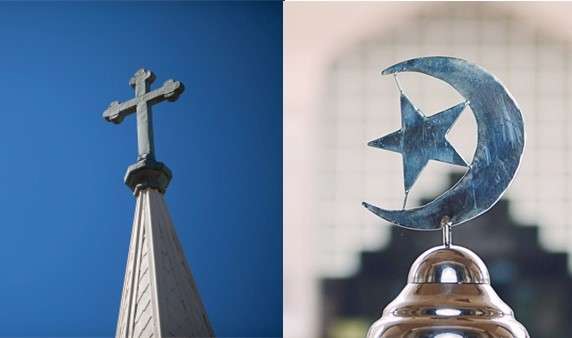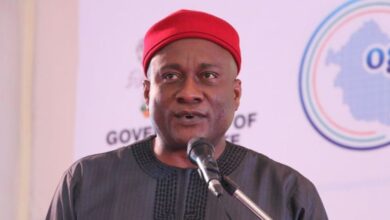The Role of Nigerian Clergy in Driving Social Change

In Nigeria, a country deeply rooted in diverse cultural and religious traditions, the clergy holds significant influence over society. From providing spiritual guidance to actively participating in community affairs, the clergy plays a pivotal role in shaping attitudes, behaviors, and societal norms. However, the question arises: Are the clergy in Nigeria effectively contributing to social change? is the issue to Ponder about here
Historically, the clergy in Nigeria have been instrumental in providing moral leadership, fostering community cohesion, and advocating for social justice. Religious institutions serve as centers of learning, charity, and social welfare, addressing issues such as poverty, education, healthcare, and conflict resolution. They have been pivotal in shaping national discourse and promoting ethical standards in public and private life.
Despite their significant influence, the clergy in Nigeria face challenges and criticisms. Some segments of society argue that certain religious leaders prioritize personal wealth and political influence over the welfare of their congregations and the broader community. Instances of financial misconduct, moral indiscretions, and political partisanship among clergy members have led to disillusionment and skepticism among the populace.
Nevertheless, many clergy members are actively engaged in initiatives aimed at driving positive social change. In recent years, there has been a growing emphasis on issues such as human rights, gender equality, environmental sustainability, and youth empowerment within religious circles. Clergy-led organizations and grassroots movements are increasingly advocating for social justice, peacebuilding, and inclusive development.
Numerous examples illustrate the proactive role of the clergy in addressing pressing social issues in Nigeria. From campaigns against corruption to efforts to mitigate ethnic and religious tensions, religious leaders have demonstrated their commitment to fostering unity and progress. Additionally, religious institutions often serve as safe spaces for marginalized groups, providing support and advocacy for vulnerable individuals and communities.
One of the most promising aspects of the clergy’s involvement in social change is their willingness to collaborate with other stakeholders, including government agencies, civil society organizations, and international bodies. Through partnerships and alliances, religious leaders leverage their moral authority and organizational capacity to amplify the impact of social interventions and promote sustainable development.
In conclusion, while the clergy in Nigeria face various challenges and criticisms, their overall contribution to social change cannot be overlooked. From promoting moral values to championing human rights, the clergy play a multifaceted role in shaping the country’s social fabric. By addressing systemic injustices, fostering interfaith dialogue, and advocating for inclusive policies, religious leaders have the potential to drive meaningful transformation and build a more equitable and harmonious society for all Nigerians.



